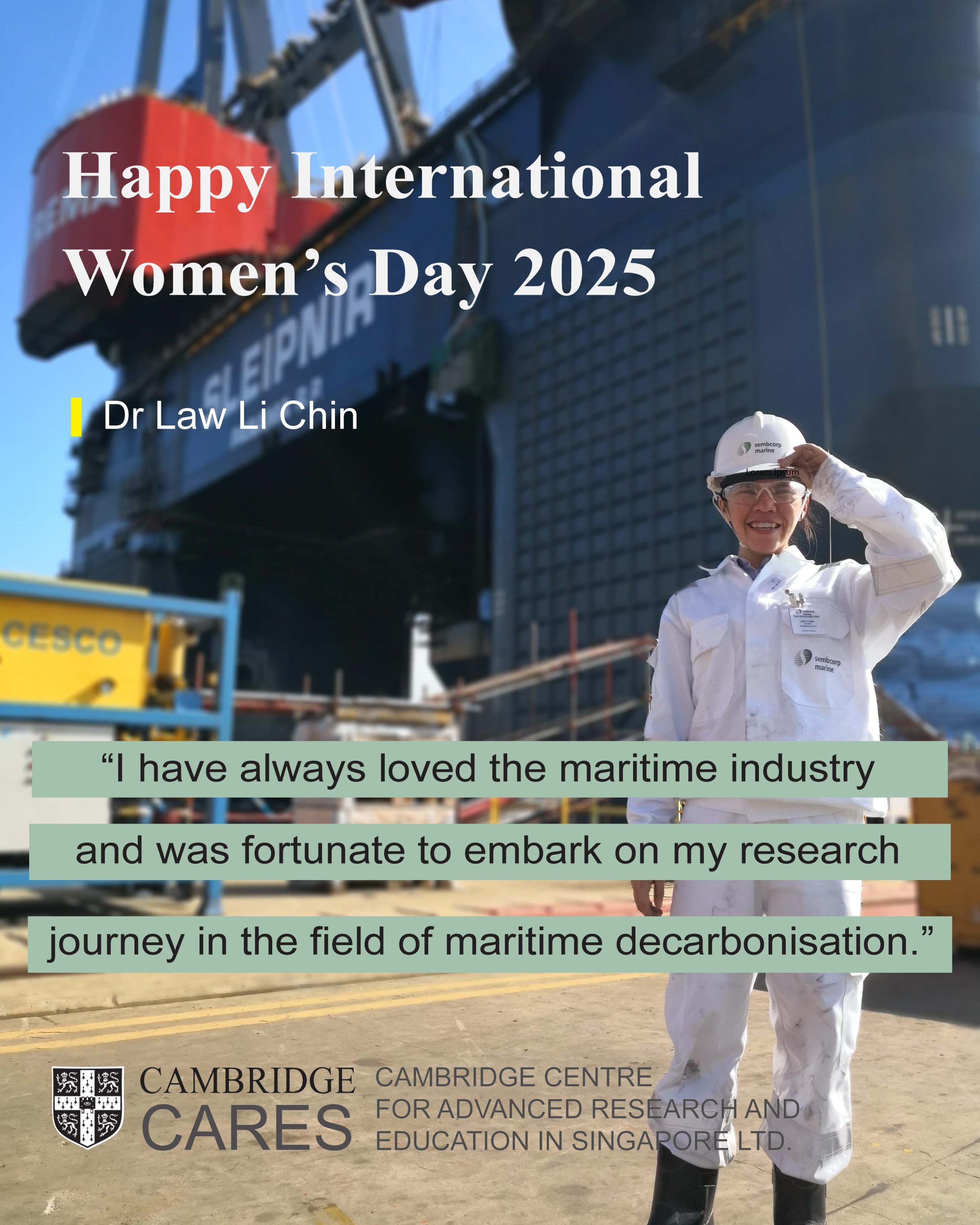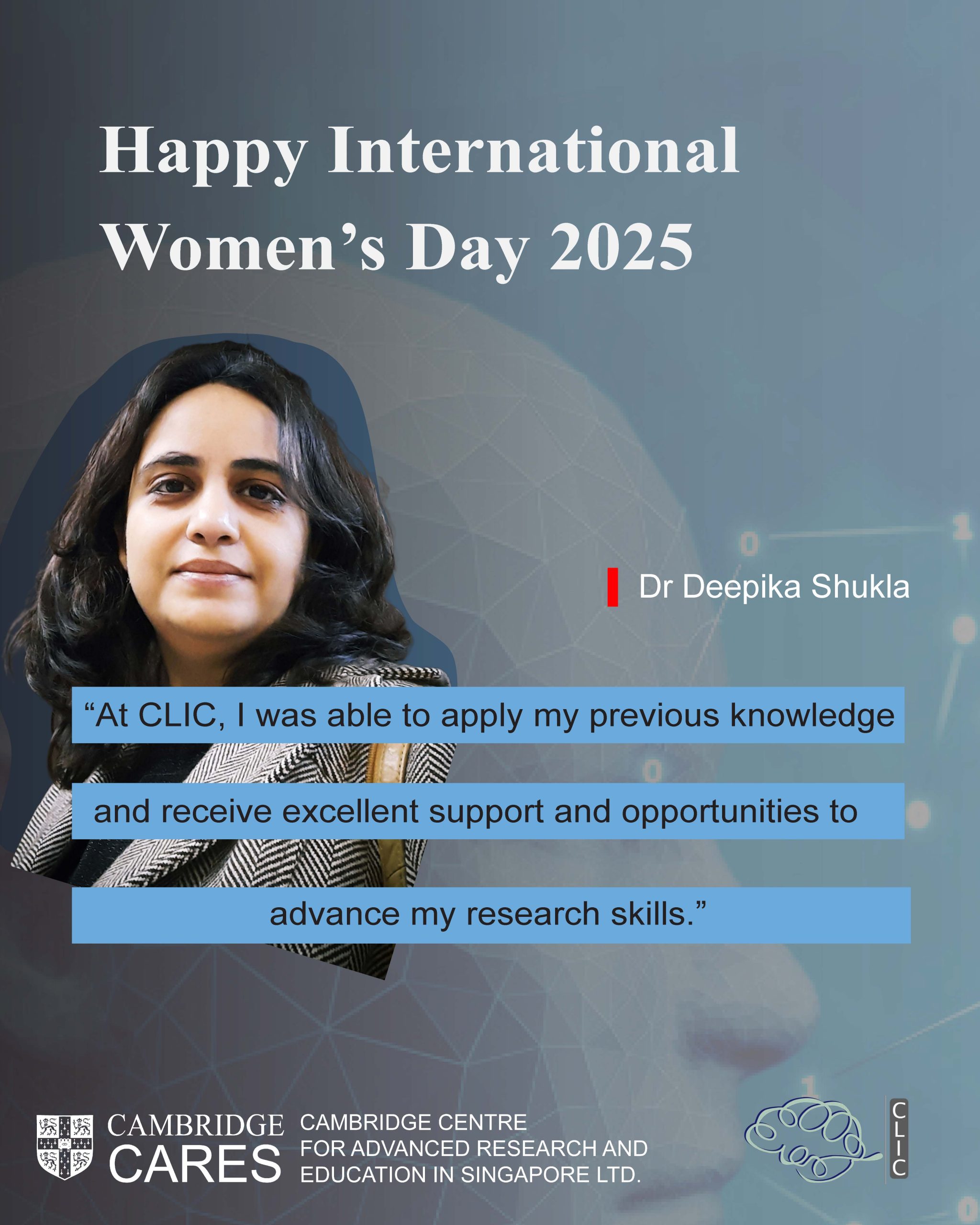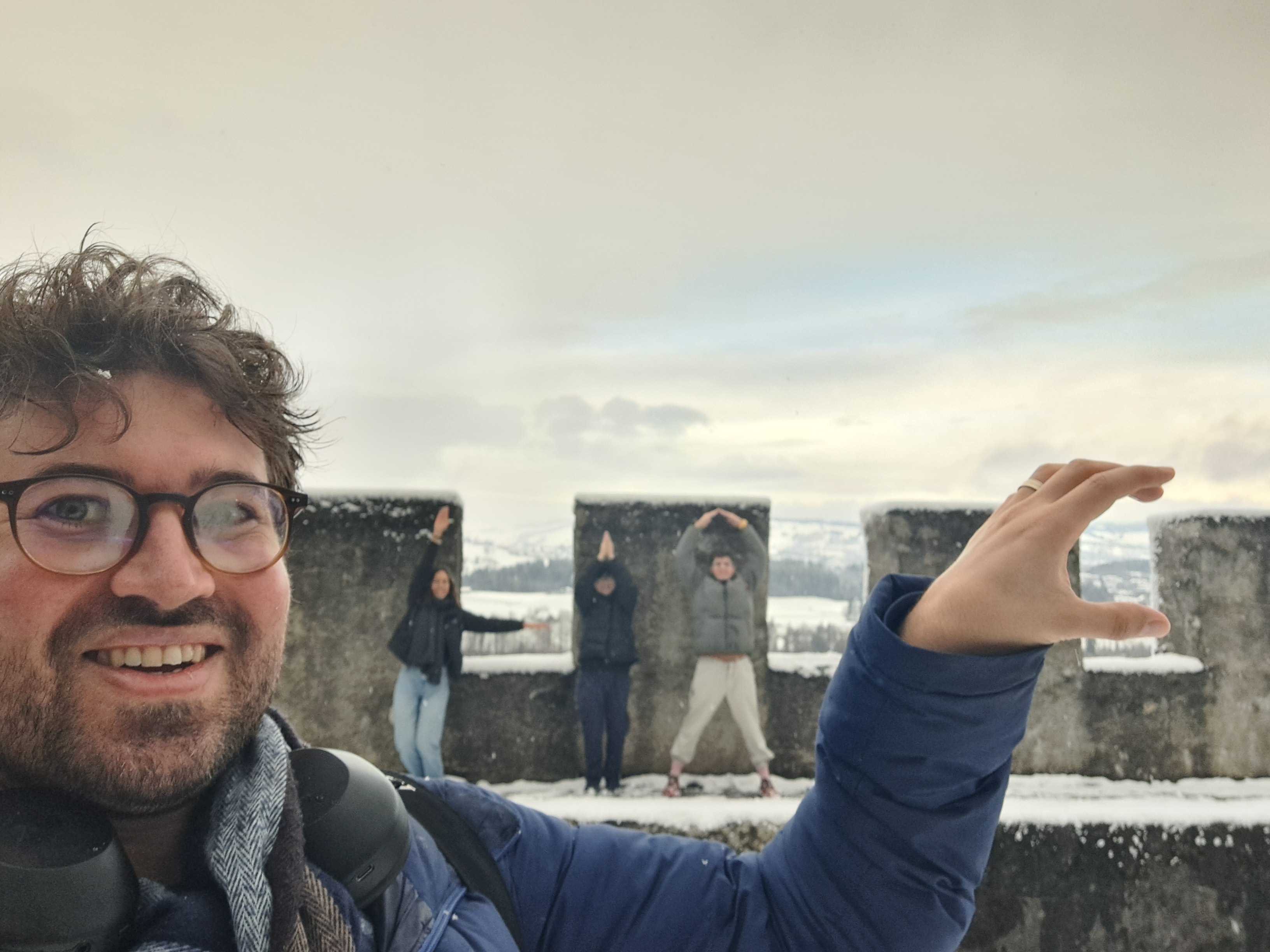
Dr Law Li Chin, co-founder of EMICAST and Research Fellow on the C4T programme
1. Tell us more about what you do at CARES?
As a Research Fellow with Cambridge CARES, I’ve been focusing on research related to maritime decarbonisation since 2021. Over the years, two useful calculator tools have been developed and published through the lowcarbonship.com and emi-cast.com websites. These calculators aim to help maritime stakeholders understand their ship’s performance, calculate penalties, and check if vessels are complying with environmental regulations. Driven by the vision of contributing to maritime sustainability, I recently co-founded EMICAST with Prof. Mastorakos and other experts from the industry. This spin-off company will merge research expertise with practical industry applications to drive maritime decarbonisation.
2. What is the future vision for your spin-off, EMICAST?
We have one clear and most important vision: to contribute to maritime sustainability and facilitate decision-making for decarbonisation pathways.
3. Tell us more about your research journey.
My passion for the maritime industry flourished during an internship where I was involved in the prestigious Floating Production Storage and Offloading (FPSO) project called “Libra”. I was fascinated at the various lifeforms that the 2D drawings could morph into. Coupled with the team-oriented nature of jobs in this industry, I was ready to embark on my first job as a piping engineer. I became a project lead and my desire to learn more led to a part-time PhD. A few months after commencing my studies, I began my research journey with CARES. Moving forward, I am committed to continuing my work in this field and piloting my dreams through EMICAST.
4. What are you most excited to exhibit at Singapore Maritime Week 2025?
We have previously introduced several tools for alternative fuels comparison and economic assessment. At this upcoming Singapore Maritime Week, we are excited to share our new tool to demonstrate how analysing a ship’s historical data can drive better decision-making, leading to a more cost-effective and sustainable transition. Catch our newly designed tool at Singapore Maritime Week 2025!
5. What do you hope to see in the future of Singapore’s maritime sector?
Today, we are seeing significant changes in the maritime sector with stricter emission controls. The industry is also shifting its focus beyond Tank-to-Wake emissions to consider the entire lifecycle impact. Through CARES and EMICAST, I hope to apply the key research findings to address practical concerns in the industry. Additionally, as a member of a GHG working group, I have the opportunity to contribute directly to important topics in areas that significantly impact the country’s efforts to reduce GHG emissions from ships. I observe that Singapore is taking concrete steps toward becoming a global leader in sustainable maritime practices, and I am excited to be part of this journey.

Dr Deepika Shukla, Research Fellow on the CLIC programme
1. Tell us more about what you do at CLIC?
As a Research Fellow, I am involved in analysing neuroimaging data collected as part of CLIC’s study. We aim to explore how cognitive training influences both structural and functional changes in the brain. This research will enhance our understanding of the neuronal-level changes that underlie behavioural modifications resulting from cognitive training.
2. Tell us more about your research journey.
My neuroscience research journey started in 2017 as my first post-doctoral position at the National Brain Research Centre in India. Guided by Prof. Pravat Mandal, I had the opportunity to learn about neuroscience and perform MRI scans with different imaging techniques on both healthy individuals and elderly clinical population. Subsequently, I worked at Imperial College London with Prof. Shudin Thayyil, where I gained valuable neuroimaging experience on hypoxic newborns in a multi-site setting. At CLIC, I collaborate with Prof. Annabel Chen, Profs at NTU and Cambridge, and other team members. This experience has allowed me to work in a highly collaborative environment and contribute to development of a study as part of the team. At CLIC, I applied my previous knowledge and received excellent support and opportunities to advance my research skills.
3. What has been the highlight while working at CLIC?
For me, I would say working in an interdisciplinary collaborative environment involving researchers and experts from various fields has been the most fascinating part in CLIC.
4. How is the CLIC programme unique?
The CLIC programme focuses on providing adaptive and engaging cognitive flexibility training for various age groups, including early childhood, adolescence, and middle age, which are crucial periods for developing behavioural flexibility in fast-evolving social, educational, and work settings. A notable aspect of CLIC is that its creation is grounded in interdisciplinary research evidence obtained from the Singaporean population. By developing an integrated model of learning and neurocognition, the programme aims to create customised intervention strategies suited to different age groups.
5. What do you hope CLIC’s research will achieve in Singapore?
CLIC’s research programme aims to understand the needs and demands of cognitive flexibility training among the Singaporean population. Research findings from various CLIC workgroups will assist in creating tailored intervention strategies or training programs that align with the individualised learning aspect of CLIC’s study. CLIC will also promote collaboration among neuroscientists, psychologists, educators, government officials, and policymakers, ensuring that research directly benefits societal development and is accessible to individuals at the grassroots level.


